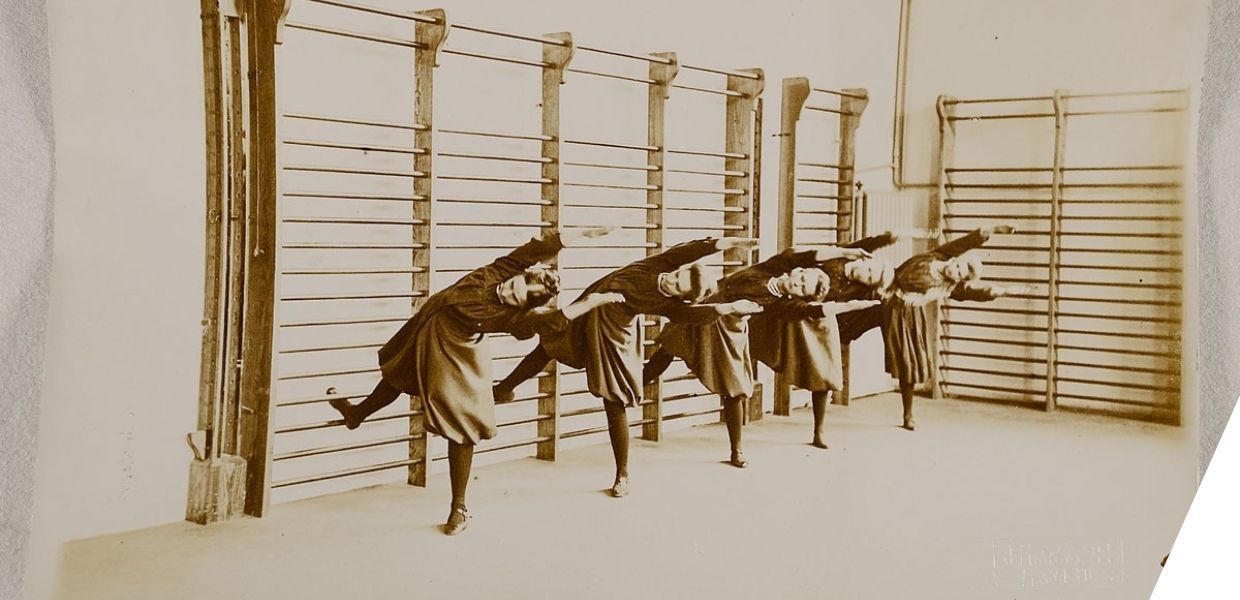The Europeana Copyright Community ‘Copyright office hours’ are organised by the Community’s Steering Group, and provide a space for cultural heritage professionals to discuss questions and exchange knowledge on copyright in relation to GLAM sector and digital cultural heritage. Our first session of 2023 aimed to cover questions about the basics of copyright law - read on to discover what was discussed!
Your new best friend for EU copyright basics - Copyright User EU
The session started with an introduction to copyrightuser.eu by our Copyright Steering Group member Bartolomeo Meletti (University of Glasgow). This online platform was launched in March 2023 as part of the Recreating Europe consortium. Together with its sister website copyrightuser.org, which covers UK copyright law, it aims to make European copyright law understandable and accessible to everyone. We highly recommend these two websites to anyone interested in learning the basics of copyright law or seeking guidance on what they should consider while approaching copyright-related issues.
The EU and the UK - how Brexit affects copyright
The distinction between the two separate Copyright User websites, one covering the EU and the other UK copyright law, raised the question of how UK and European copyright laws interact. Bartolomeo Meletti gave us a brief overview on the matter.
We discussed how, despite the UK’s exit from the European Union, the copyright system of the UK is largely in line with EU copyright law. This means that the main exclusive rights copyright grants (like reproduction right, right of communication to the public), which allow the commercial exploitation of the copyrighted work and enable rightsholders to prevent certain uses of their work by others without their permission, are still observed under UK copyright law. The same applies to the originality criteria as developed by the Court of Justice (CJEU) judgements. CJEU’s judgements and interpretations of EU law dating up to the end of the Brexit transitional period (31 December 2020) still continue to apply in the UK. However, things may change and in the future, the copyright rules of the UK may be altered and diverge from the rules of the EU.
The harsh truth - copyright is territorial
One of the fundamental facts about copyright law is that it is territorial in nature. While copyright rules in the European Union are largely harmonised, for economic rights in particular (such as the right of reproduction or communication to the public), the rules may still change from member state to member state. This means that, for example, though one work is protected by copyright in one country, it may not be in another.
The fragmentation of copyright rules in the EU is evident particularly in moral rights, which protect authors´ non-economic interests in their work, as well as in the exceptions and limitations to copyright. The 2001 Information Society Directive explicitly leaves moral rights out of the scope of the Directive and leaves their regulation to the national laws of member states. As for copyright exceptions, it is also important to consult the national laws of member states. Most exceptions are optional under EU law and therefore may not have been transposed at the member state level (i.e. added to the national laws of a given member state) or may have been implemented with variations.
Copyright and use of copyright-protected works - back to basics
During these copyright office hours, a participant asked whether a filmmaker could use a TikTok collection held by an audiovisual archive (created by third parties for which the archive does not have the rights) in a documentary film. Bartolomeo Meletti walked us through what one should pay attention to before using someone else's copyrighted work.
The default rule is that anyone wishing to use a work protected by copyright should obtain permission of the copyright owner to do so. This can be done by obtaining a license through which the rightsholder gives permission only for certain uses of his work while still enjoying copyright ownership. Another way to obtain the rights is by way of assignment, where the copyright holder transfers the entire copyright or only certain exclusive rights copyright grants to someone else. However, obtaining permission from the rightsholder may not always be possible.
For certain uses, one might not always need the permission of the copyright holder, and EU copyright law provides various opportunities for this. To start with, using a trivial or insignificant part of a copyrighted work (“de minimis use”) might be possible without the need to obtain the permission of the rightsholder. Also, copyright law limits the exclusive rights of the rightsholder by allowing third parties to use the work for certain acts without permission, like for review or criticism, teaching and research or for preservation of cultural heritage. Moreover, a copyrighted work might be used without obtaining permission if it is made available under an open license. When this is the case, the user knows in advance that certain uses of the copyrighted work are already allowed by the rightsholder. This is mainly the case with Creative Commons Licenses.
Join us in the upcoming sessions
Did you enjoy this post? Then join our upcoming Copyright Office hours! You can see an overview of all upcoming sessions here, and the next one take place on 16 May. It will focus on using digital cultural heritage for machine learning, and generative Artificial Intelligence.


